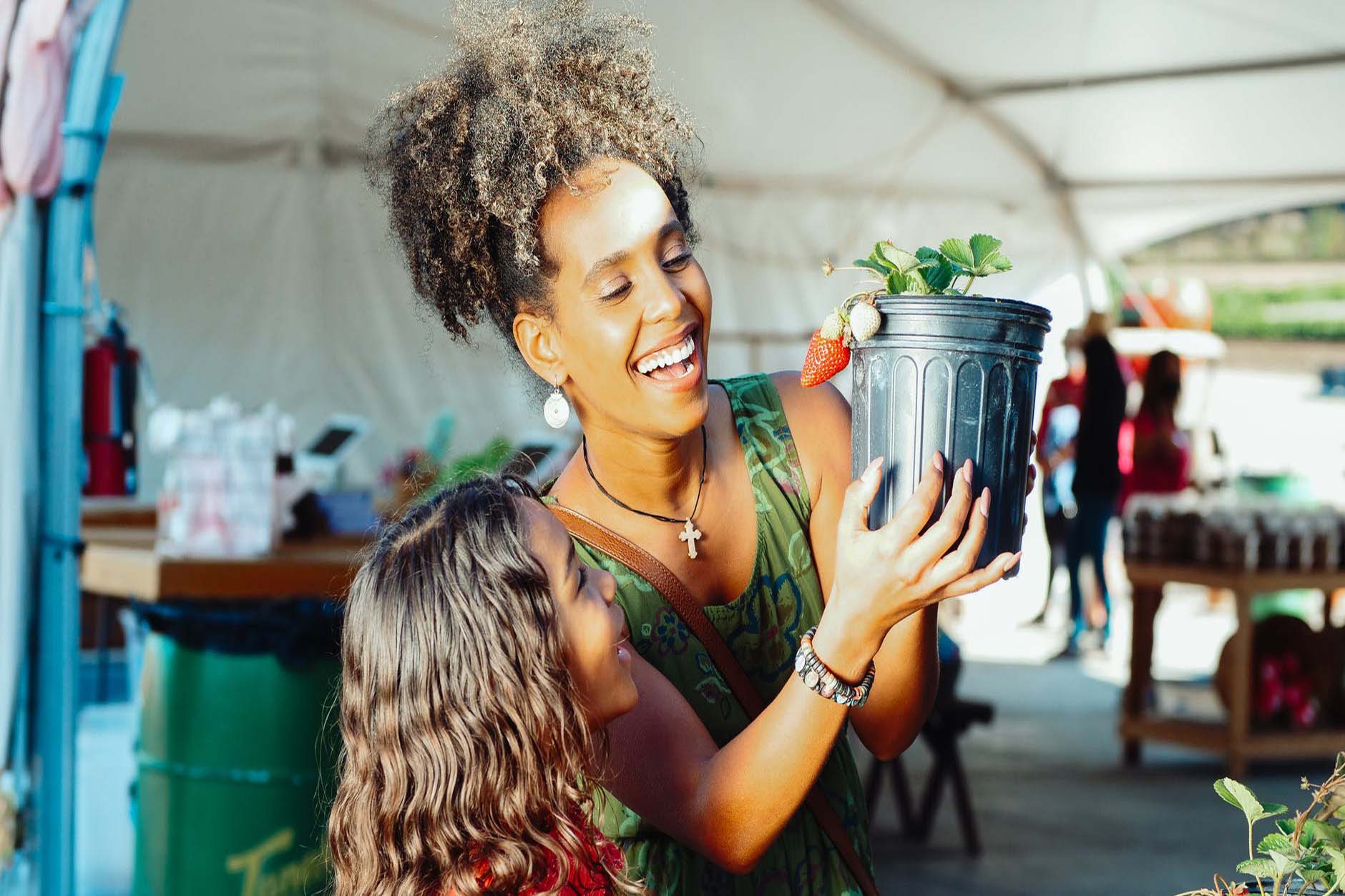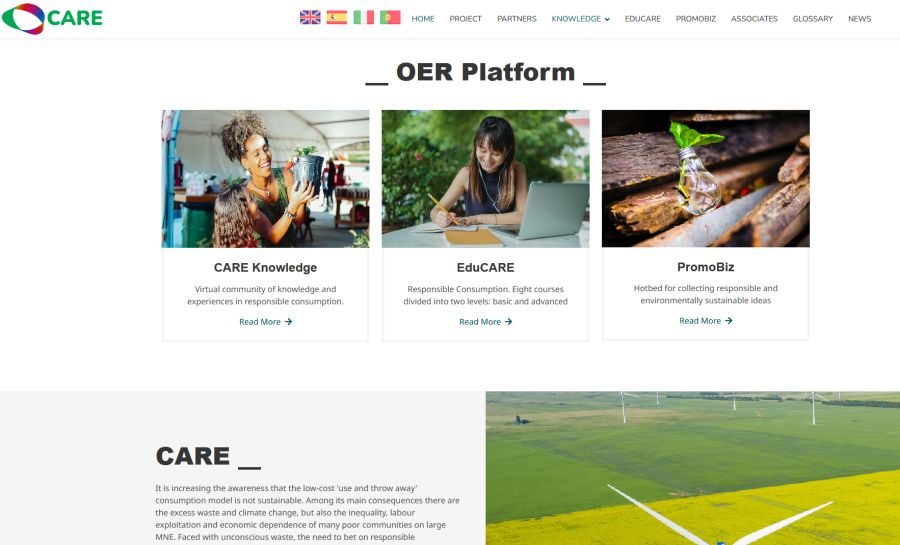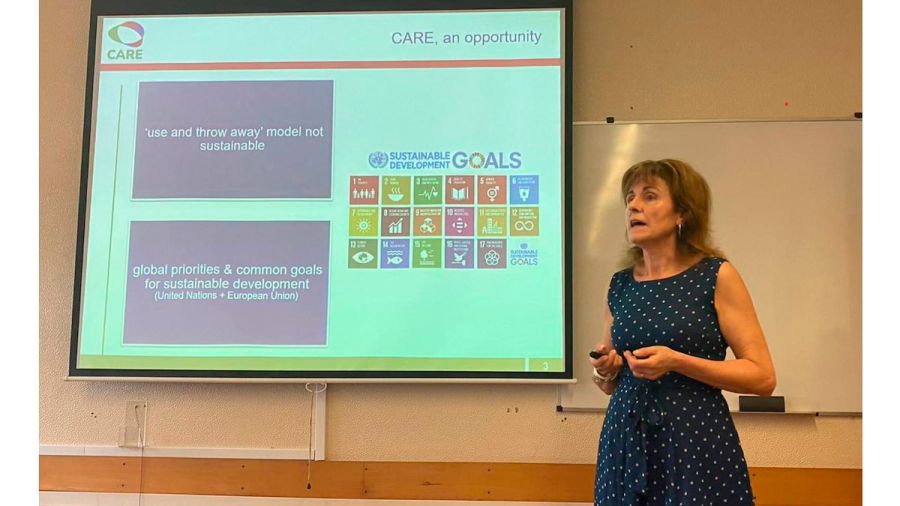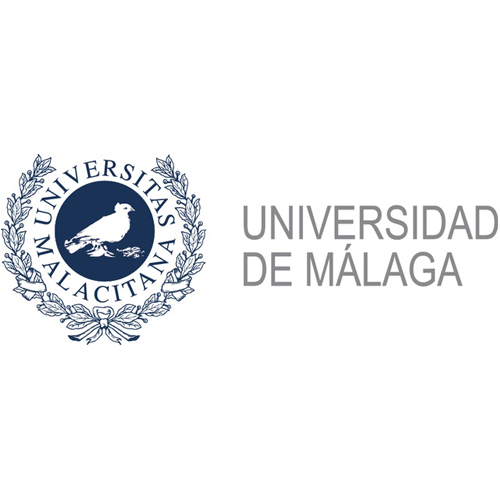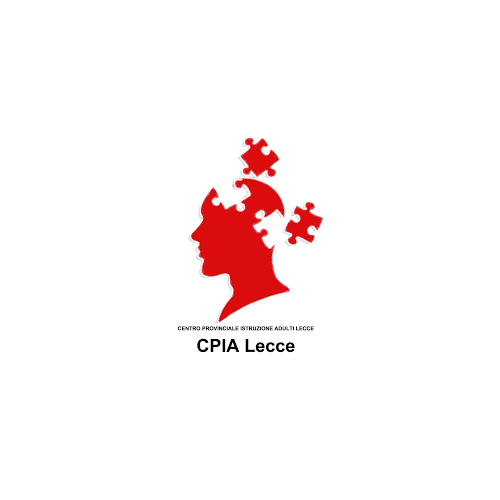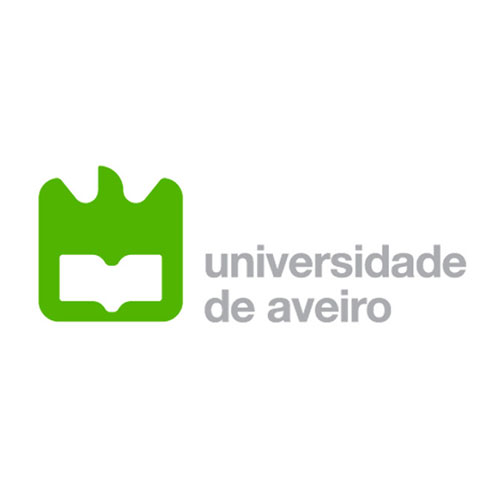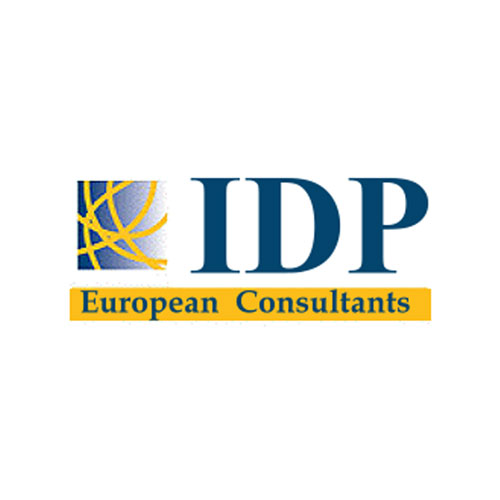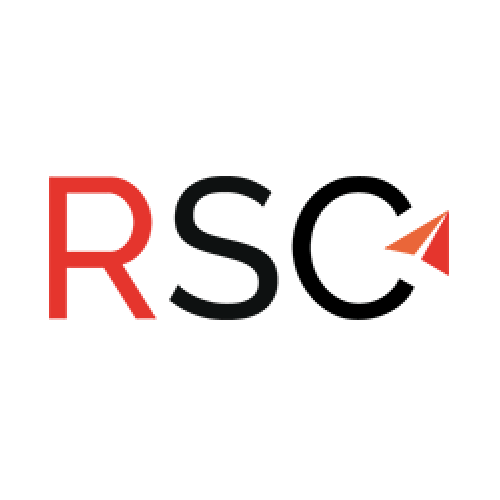Project
CARE's driving idea is contributing to the health of the planet but also to that of individuals and communities by promoting more austere, traditional and healthy lifestyles. CARE targets people who care about the present and the future, who want to develop responsible behaviour that mitigates human impact on the planet, as well as, with their small daily decisions, help to make a better world.
CARE therefore aligns with the environmental and climate objectives of UN, the EU and the Erasmus+ programme. CARE aims to promote behavioural changes in people's preferences, consumption habits and lifestyles, in line with the environmental policies adopted by the European Commission: the circular economy action plan, waste management policies and the present challenge of "making European recovery a Green Deal".
Read More



